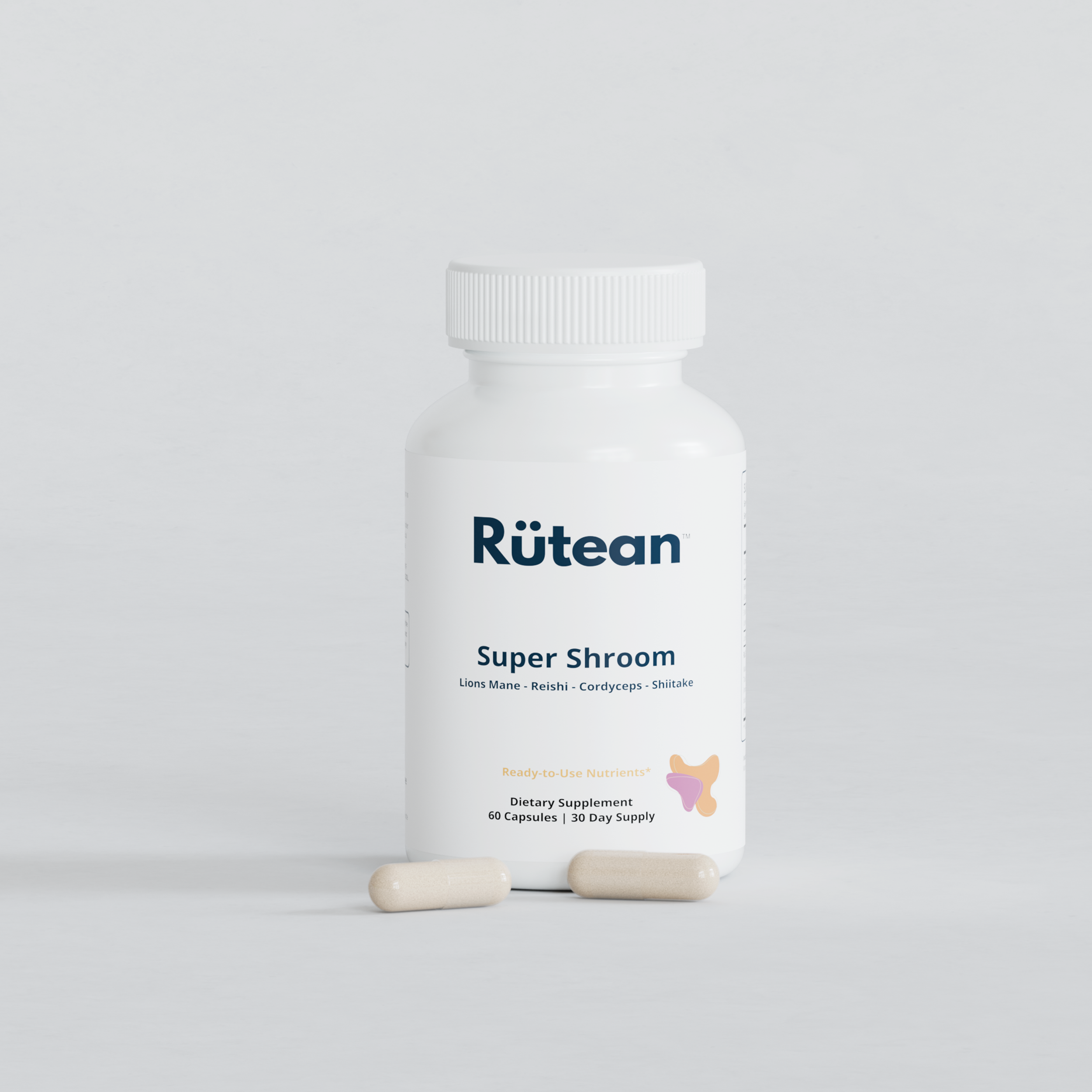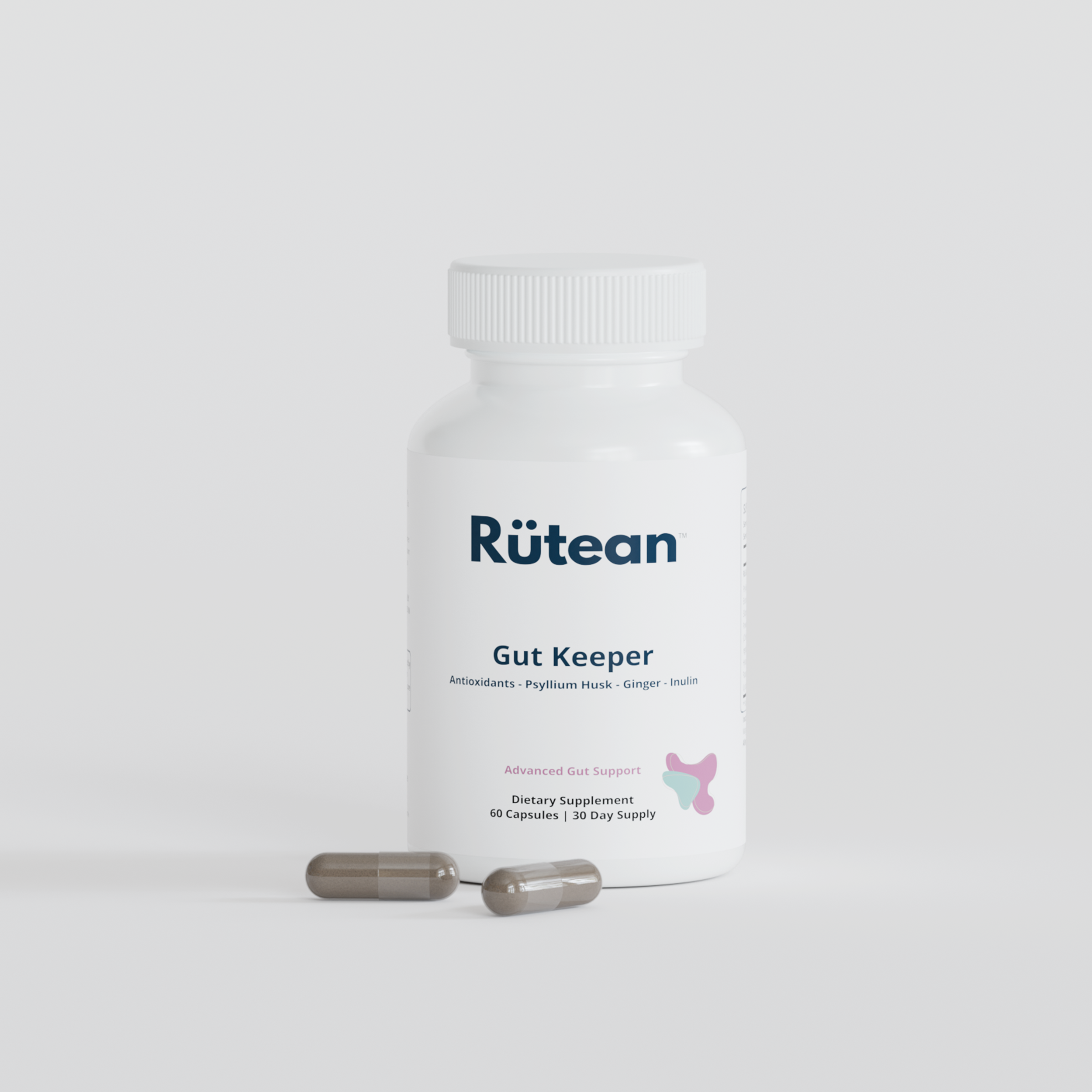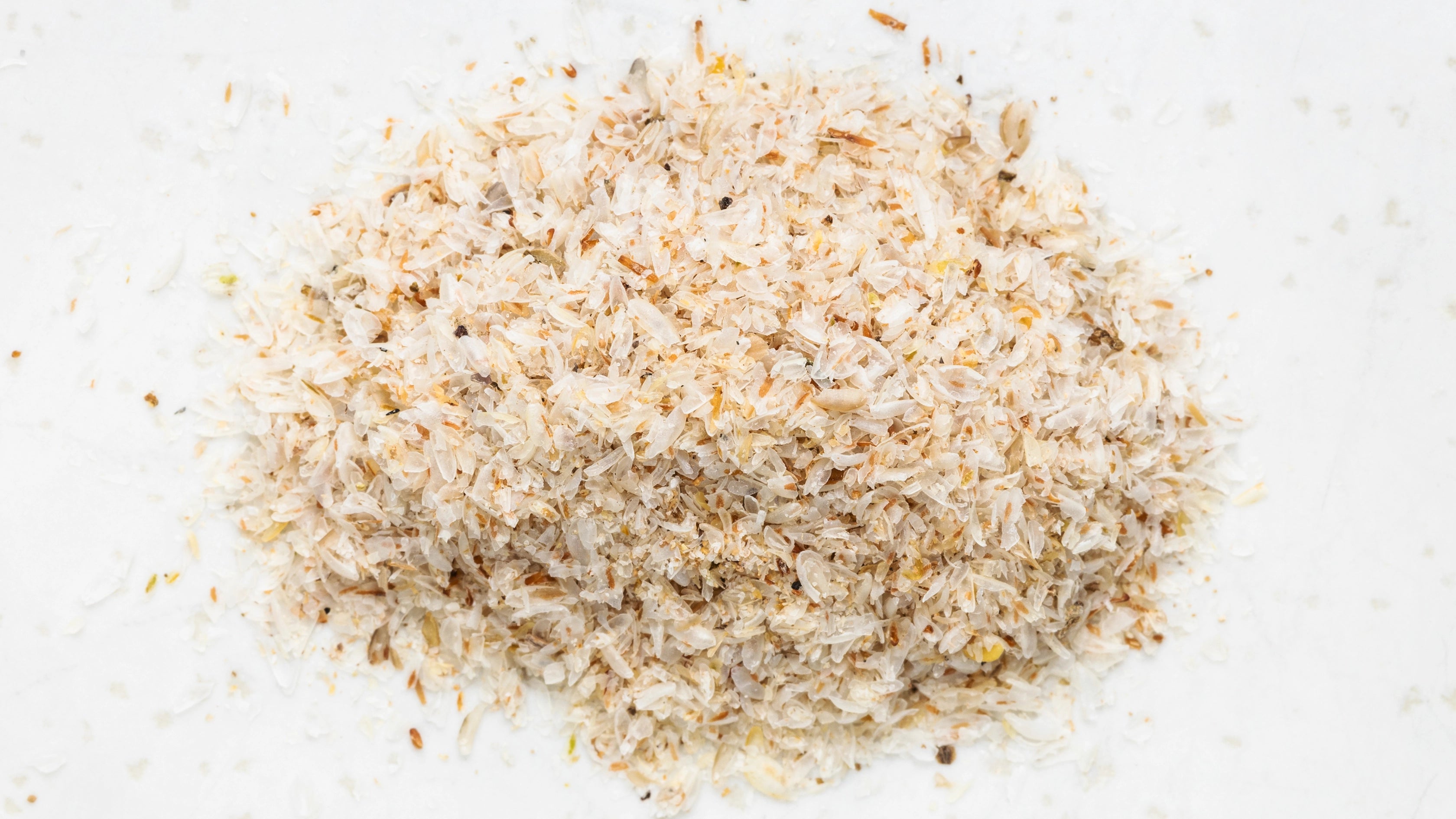Psyllium powder, derived from the seeds of the Plantago ovata plant, is a soluble fiber commonly used as a dietary supplement for its health-enhancing properties. Known for its remarkable ability to absorb water and form a gel-like mass, psyllium is a popular choice for improving digestive health among other benefits. This article explores the origins, benefits, and the scientific underpinnings of psyllium powder.
The Origins of Psyllium
The use of psyllium as a health aid is not new. Historically, psyllium seeds have been used in traditional medicine practices in India for several centuries. The name "psyllium" comes from the Greek word "psylla", meaning flea, referring to the appearance of the tiny seeds. It was introduced to the United States and other Western countries as a therapeutic agent in the early 20th century, where it gained prominence as a laxative and dietary fiber supplement.
Nutritional Profile and Benefits
Psyllium is primarily known for its high fiber content, which makes it a powerful tool in the management of digestive health. Here are some of the key benefits of psyllium powder:
1- Digestive Health: Psyllium is most celebrated for its effectiveness in relieving constipation. It works by absorbing water in the gut, making bowel movements easier. It can also help with the symptoms associated with other digestive conditions, such as irritable bowel syndrome (IBS) and diverticulosis.
Psyllium acts as a prebiotic, which is vital for the development of healthy probiotic colonies in the gut. Maintaining a robust colony of beneficial bacteria in the digestive system is crucial for optimal immune function. This allows your body to more effectively combat infections, diminish inflammation, and preserve the health of tissues and cells.
In addition to regulating bowel movements and fighting infections, psyllium can also soften your stool, as long as you consume sufficient water. This attribute is particularly useful for short-term issues like constipation. When used in this manner, psyllium can help prevent constipation-related complications, including hemorrhoids and anal fissures.
2 - Heart Health: Regular intake of psyllium can contribute to heart health by lowering blood cholesterol levels. The soluble fiber in psyllium binds with bile acids and cholesterol in the digestive system, facilitating their excretion and thereby reducing blood cholesterol. Research has shown that taking soluble fiber can help people manage their cholesterol levels. Proper cholesterol regulation is important for everyone, but it’s vital for people over the age of 50.
3 - Blood Sugar Control: Psyllium can aid in managing blood sugar levels by slowing down digestion and the absorption of sugar, making it beneficial for people with diabetes. This slower absorption helps to prevent spikes in blood glucose which is pivotal in diabetes management. Some research has suggested that fibers like psyllium can help people maintain a healthy glycemic balance.
4 - Weight Management: As a bulk-forming laxative, psyllium can promote a feeling of fullness and reduce hunger cravings, which can help with weight loss efforts. Its ability to absorb liquids contributes to a reduction in overall caloric intake by minimizing hunger.
Psyllium Powder: How To Use Psyllium Powder
Psyllium powder can be incorporated into your diet in various ways. It is commonly mixed with water and taken as a drink, which quickly turns into a gel-like substance. It can also be added to smoothies, baked goods, breakfast cereals or taken as a supplement form. It is important to consume plenty of water when taking psyllium to avoid potential side effects like gas and bloating.
Conclusion
Psyllium powder is a multifaceted health enhancer with centuries of use to back up its benefits. From improving digestive health to assisting in weight management and enhancing heart health, psyllium offers a natural solution to many common health issues.



